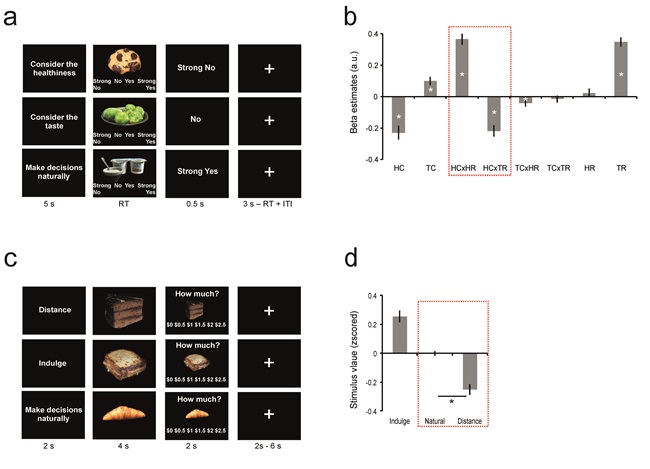Brain Structure May Predict Diet Success
Differences in the structure of the prefrontal cortex predict an individual's ability to make healthier food choices, according to a new analysis of previous research in healthy men and women. The paper, published in JNeurosci, suggests an important role of these anatomical markers in decisions that have long-term effects on health and wellbeing.

Maintaining a healthy diet requires consistently choosing healthy foods over perhaps more tempting ones that may satisfy an immediate craving but have negative health consequences. People vary in their ability to exercise such self-control, which has been linked to individual differences in real-time brain activity. In this study, Liane Schmidt and colleagues examined whether more stable differences in the anatomy of the brain could account for variations in self-control.
Analyzing data pooled from three previous studies and generalizing their results to a fourth independent dataset, the researchers found that greater volume in the dorsolateral and ventromedial prefrontal cortex was associated with improved dietary self-control across different diet goals and participant groups. Since brain structure, like connectivity, can change over time in response to lifestyle, these brain regions represent key targets to explore in the design of interventions that promote healthy choices.
Article: Neuroanatomy of the vmPFC and dlPFC predicts individual differences in cognitive regulation during dietary self-control across regulation strategies
Corresponding author: Liane Schmidt (Institute du Cerveau et de la Moelle Epinière, Hôpital Pitié-Salpêtrière, Paris, France), liane.schmidt@icm-institute.org




















